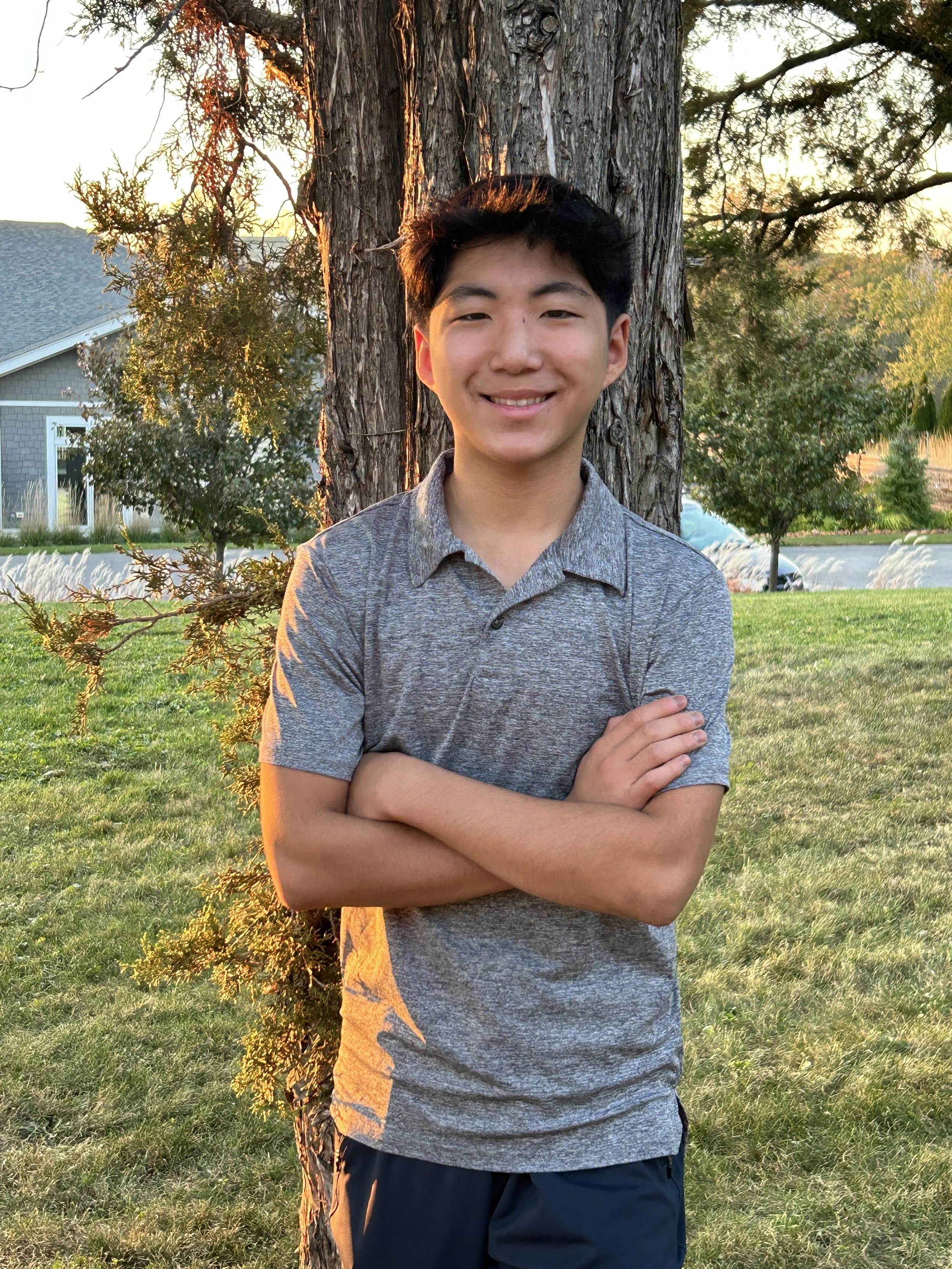
Neurodivergence isn’t “broken”.
Neurodivergence is DIFFERENT.
Being a parent is not for the faint of heart, is it? Growing up, we learn and prepare for everything we need to know to be successful with our careers with some life lessons and relationships sprinkled in along the way. All this works relatively well through marriage, but then starting a family and raising a family becomes a learn-as-you-go rollercoaster.
Nothing prepares young parents-to-be about infertility. We just assume we will get pregnant when we’re ready. It becomes a stressful and emotional abyss of research to find the best doctors, understand the procedures, etc. Once a baby comes home whether via birth or adoption (another learn-as-you-go process), we can read every book on how to transition our babies to solids, how to potty-train, how to manage social circles, or how to navigate the technological devices and accessibilities that are determined to deprive our children of healthy brain development. But, what do we do when our child is not developing the way the books are saying they should? What do we do when we find out our child is … neurodivergent?
What does this mean? Autism, ADHD, dyslexia, dyspraxia or Tourettes just to name a few. These are conditions that indicate the brain operates differently than neurotypical peers. The profile we’re going to address here is called Pathological Demand Avoidance a.k.a. Persistent Drive for Autonomy. This is best described as a behavioral profile of autism that is not yet medically recognized in the United States. In short, PDA is a nervous system disability. Whenever an undesired demand is placed on the child or whenever the child perceives a loss of freedom or choice, their brain tells them that they are in danger, which sends their brain into fight or flight.
PDA can involve high “masking” (temporarily hiding symptoms) for the internalized PDAers, or it can involve verbally and/or physically destructive behaviors from individuals with an externalized presentation of PDA. Either way, it can be a hidden trauma on top of the already “invisible disability” of autism that exists for both the child and their families.
Our goals as parents and clinical providers are to help our neurodivergent kids 1) understand their diagnosis, 2) accept the diagnosis, 3) learn they are not broken just different and 4) learn the skills needed to help them navigate an overactive nervous system in real time across everyday social situations.

Want to learn more?
Schedule a consultation with Micaela Fisher, MS, CCC-SLP
Micaela has been a pediatric clinician since 2001 and a mother to a neurodivergent child since 2010. She is the adoptive mother to a high-school aged son who was diagnosed with ADHD in 2nd grade, Autism in 8th grade and identified as PDA in the summer of 2024.
Despite the years of education and training as a childhood development specialist, nothing could have prepared her for the journey of parenting a child with the “invisible disabilities” of AuDHD/PDA.
In addition to supporting parents and siblings of individuals with PDA, Micaela’s goal is to create a greater awareness of neurodiversity, or PDA in general, and bring effective treatment strategies to the community and beyond.


